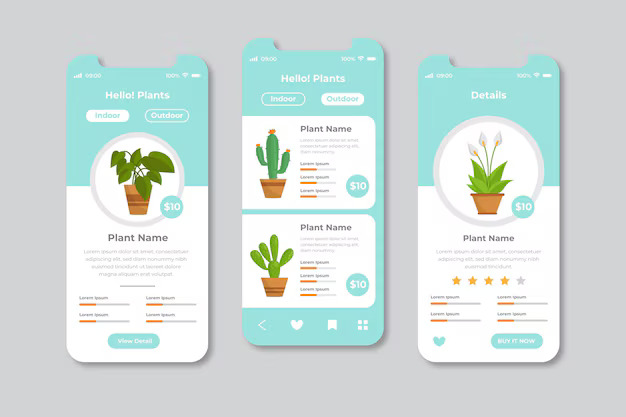One of the most crucial steps for any start-up in today’s context is building a functional and scalable mobile application for business.

A well-designed and functional app will bring you to your target audience, help push your brand to their attention, and grow your business. However, launching a mobile application requires more than just assembling all the components. It has to be properly planned, executed, and marketed.
Start With A Clear Idea
Before beginning to develop, one of the things you should fundamentally understand and be specific about is what your app will do. Are you solving a problem? Is your app offering a new type of service? Ask yourself these questions while defining the core functionality of your app.
The most common reason for failing app ideas is that they don’t meet actual users’ needs. Conduct enough primary research on your target audience so you understand what they want, their pain points, and how your app will meet and address them. Aim to solve one key problem really well, rather than trying to do too much at one time.
Sketch Your App and Plan the UX
Now that you have an outline of the core idea that your app is going to present, you should make a plan for its user experience. The design and flow of your app should be simple, intuitive, and engaging. Make wireframes or sketches of your app’s main screens—simple diagrams that show users how they are supposed to navigate the app.
All this starts by thinking about how a user will experience the app, from sign-up to the onboarding and all the way to finding the most important features. The design should also be user-friendly and catchy to the eye. A good user experience is the reason people keep coming back to most apps.
Choose The Right Development Methodology
Choose between a native app (iOS or Android) or a hybrid app for both platforms.
- Native Apps are built directly for either iOS or Android. They have better performance and a more optimized user experience, but they could be more costly and take more time.
- Hybrid Apps work on any platform with the same codebase. They’re faster to develop and cheaper, but they may compromise on performance.
Hybrid apps are a good choice for startups as they have faster development times and lower costs. But if you need to scale quickly or require complex functionality, native could be a better option.
Pay Attention to Quality and Testing
Testing is necessary before you release the app. Most startups, when done with the app, rush it out into the stores without proper testing. If you don’t test your app on a few devices and screen sizes, you are likely to end up in trouble with bugs, crashes, and a terrible user experience.
Get feedback from both automated testing tools and live users. You can share the application with your friends and family, as well as potential users, and request that they report any bugs. The more feedback you get, the smoother your launch will be.
Assemble A Marketing Plan Before Launch
Perhaps even more important than the product is the launch of your app. You need to have a marketing plan that you can use to create a buzz and get users. Start generating hype for your app long before the official release date.
- Set up a Landing Page: Create a landing page or website for your app and set up a clear call-to-action to collect early sign-ups.
- Build Hype in Social Media: Utilize social media platforms like Instagram, LinkedIn, and Twitter. You can post sneak peeks at your app and even share updates regarding its development process and behind-the-scenes content.
- Collect Emails: Incentivize with early access or discounts for those signing up for your email list. Building hype will ensure a more successful launch.
Pre-launch And Post-launch Preparation
Now that the application is complete and marketing is in place, prepare for launch day. Make sure your app is available on the Google Play Store and Apple App Store and that all links are working correctly. Announce your launch through social media, your website, and via email.
Monitor feedback and reviews from the users after the launch. Bugs and concerns should be responded to immediately with proper improvements. Continuing updates and improvements while reaching out for user feedback will earn you a loyal set of users in time.
Starting and launching a mobile app for a startup is quite exciting and challenging. The chances of success can be increased when one begins with a good idea focused on delivering a great user experience and does adequate testing and preparations for the marketing strategy. The secret behind a successful app launch lies not only in the fact that the application works well, but also in how it hits the hearts of users. Listening to feedback and making your app better in response to it will get you on the path to success. With careful planning and execution, you can ensure that the power of your mobile application can aid the growth of your startup.
Inspire Technology specializes in innovative and user-friendly mobile app development in Doha. Inspire Technology creates outstanding, customized app solutions for any business, from diverse sectors, using the most advanced techniques and design principles so that every application is both functional and user-friendly. Inspire Technology ensures that whatever business you are running, whether it is big or small, their mobile app development in Doha will help clients grow their business and communicate with their customers.

